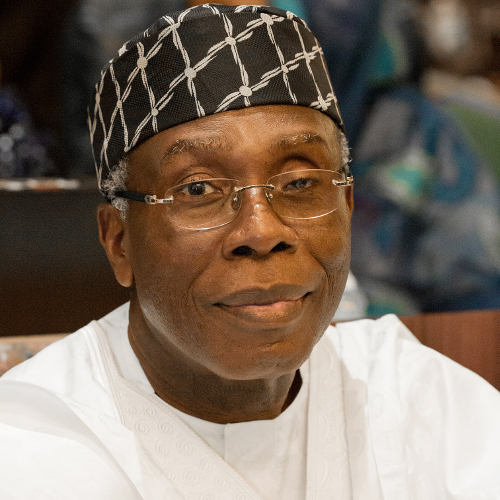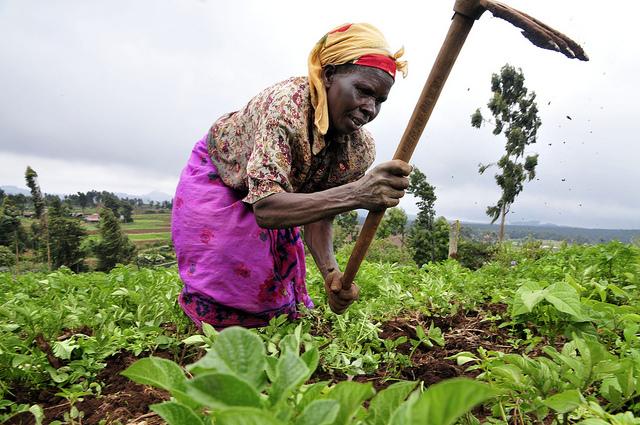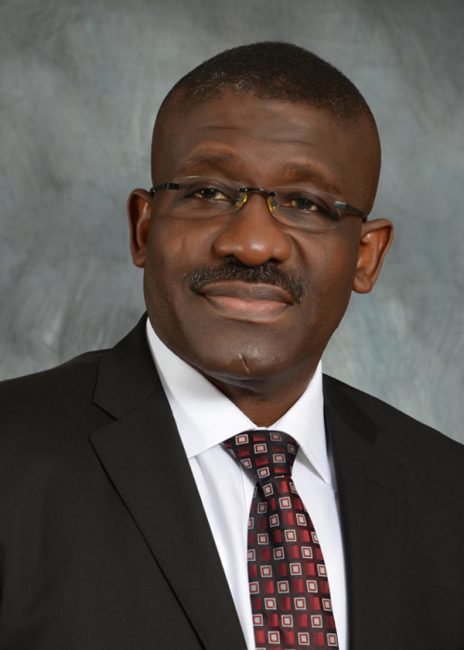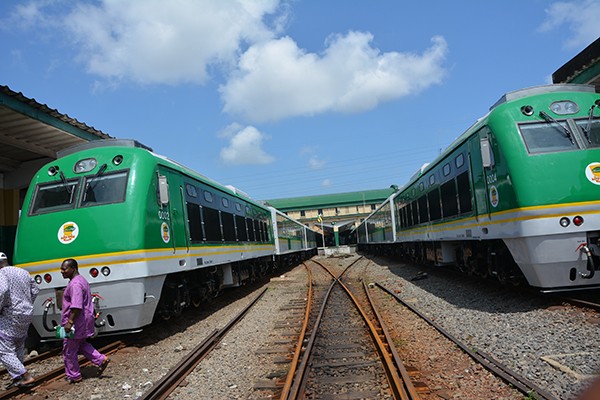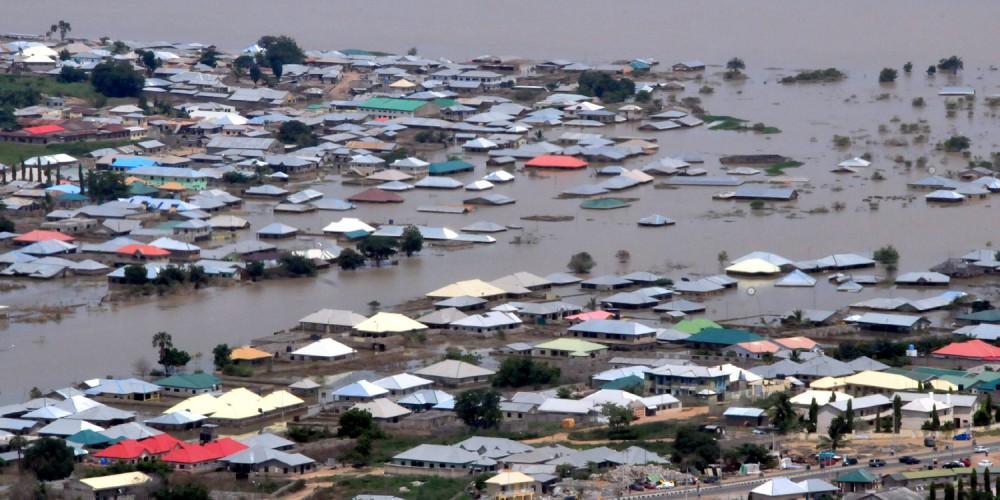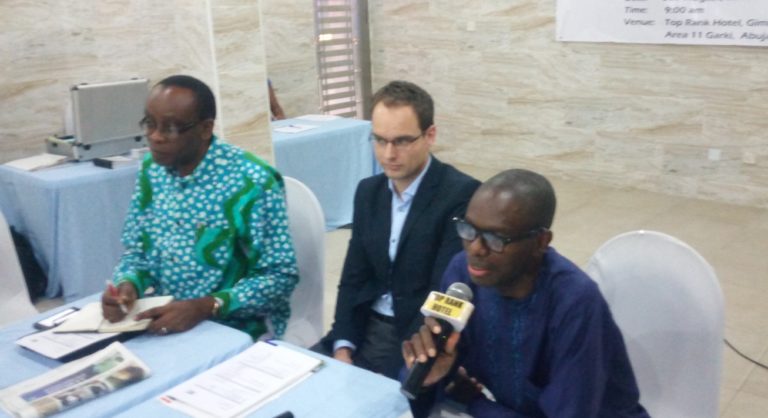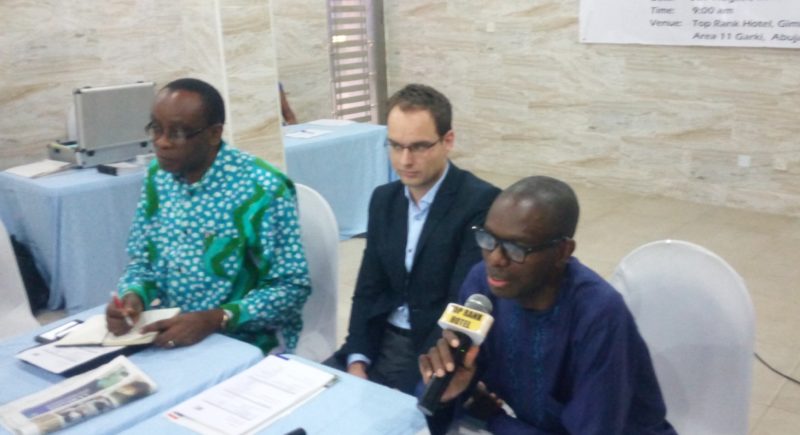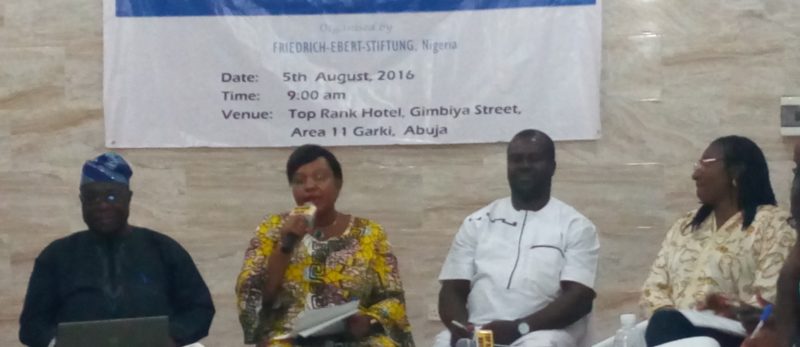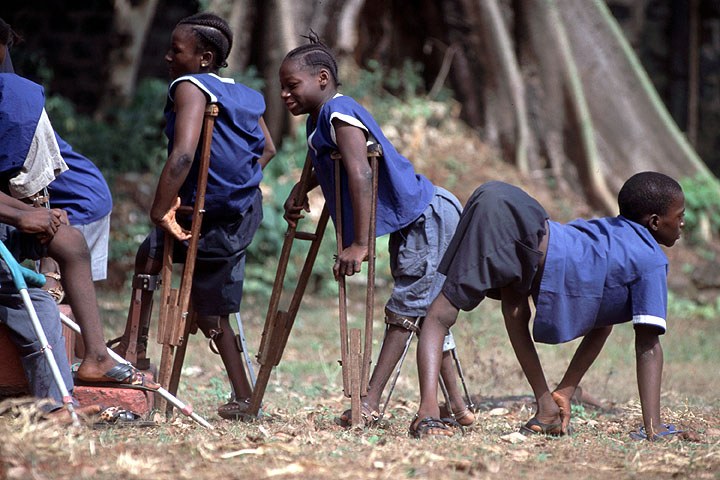The Monsanto Tribunal, an international civil society initiative to hold Monsanto accountable for human rights violations, crimes against humanity and ecocide, has unveiled a team of legal practitioners that will handle courts sessions at the Tribunal, scheduled to hold between 14 and 16 October 2016 in The Hague, Netherlands.
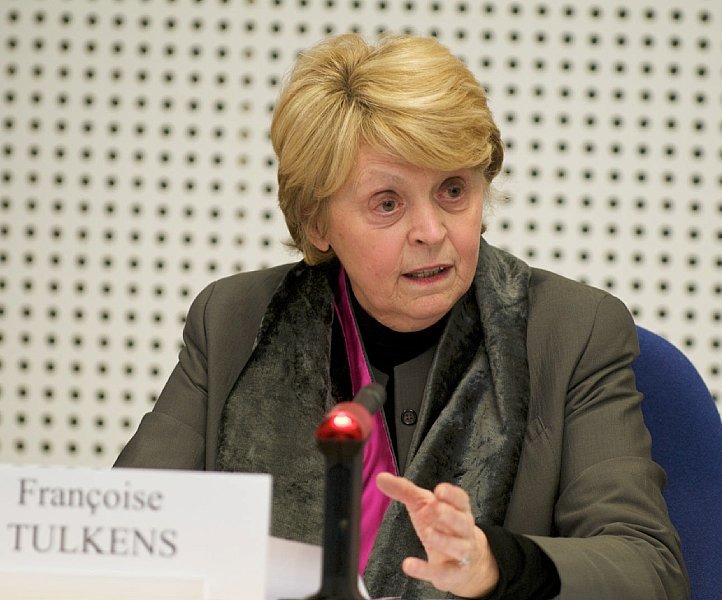
The People’s Assembly, which provides the opportunity for social movements to rally and plan for the future, will take place parallel to the Tribunal.
A group of diplomats, who will promote the campaign in their communications, were likewise named.
Eminent judges will hear testimonies from victims, and deliver an advisory opinion following procedures of the International Court of Justice.
According to Monsanto Tribunal, the Judges who will preside the court in The Hague in October are:
- Ms. Dior Fall Sow, Senegal, a former advocate general at the International Criminal Tribunal for Rwanda;
- Ms. Francoise Tulkens, Belgium, a former vice-president at the European Court of Human Rights;
- Mr. Upendra Baxi, India, former president of the Indian Society of International Law.
“We are pleased that these distinguished international judges have agreed to co-chair the International Monsanto Tribunal. Their collective and exceptional experience will ensure that the tribunal process is held to the highest standards, thus lending validity and credibility to their final advisory opinions,” the group disclosed in a recent statement.
Additionally, Dr. Jackson Nyamuya Maogoto will be dealing with the question of whether Monsanto is complicit in war crimes as defined in Article 8(2) of the International Criminal Court. He is a senior lecturer in international Law at the University of Manchester in the United Kingdom.
“The potential for businesses to be perpetrators of international crimes was legally recognised by the Nuremberg Tribunal which held private German industrialists criminally liable for their support of the German war effort. This important Nuremberg legacy has quietly been subsumed over decades by the military-industry complex. It is time that the complicity and liability of corporations is reactivated The International Monsanto Tribunal will serve to resurrect the Nuremberg legacy, ‘remind’ and re-energise the international law framework – business actors can be involved in international crimes,” stated the Monsanto Tribunal.
Furthermore, Australian Dr. Gwynn MacCarrick is also a part of the legal team. She was former legal officer at the Office of the Prosecutor at the International Criminal Tribunal for the former Yugoslavia and former defense Counsel for a Militia Commander charged with 23 counts of Crimes Against Humanity before the United Nations Special Panel for Serious Crimes in Dili, East Timor. She will compose the plea on Ecocide.
“The work of the Monsanto Tribunal will undoubtedly contribute to the progressive development of international law, by clarifying the content of the human rights responsibilities of companies and by informing the international debate as to whether international criminal law should evolve, to include the crime of Ecocide.”
Regarded as the symbol of industrial agriculture, Monsanto, a publicly-traded American multinational agrochemical and agricultural biotechnology corporation headquartered in Creve Coeur, Greater St. Louis, Missouri in the US, has however of recent come under intense global criticism. Observers say its chemical-intensive form of production pollutes the environment, accelerates biodiversity loss and contributes to global warming.
“Monsanto promotes an agroindustrial model that contributes at least one third of global anthropogenic greenhouse gas emissions; it is also largely responsible for the depletion of soil and water resources, species extinction and declining biodiversity, and the displacement of millions of small farmers worldwide. This is a model that threatens peoples’ food sovereignty by patenting seeds and privatising life,” says a source close to the Monsanto Tribunal.
But Monsanto insists it is “a sustainable agriculture company”.
“We deliver agricultural products that support farmers all around the world,” said the company that was founded 1901.
It is believed however that the Leverkusen, Germany-based multinational chemical and pharmaceutical company, Bayer AG, wants to acquire Monsanto after recently tabling a 62 billion Euro offer, which was reportedly rejected. However, negotiations are said to be ongoing.
In a related development, Nigerian architect and activist, Nnimmo Bassey, has been named among ambassadors to the Monsanto Tribunal campaign.
Others include:
- Renate Künast: former German Minister of Agriculture, the Green Party.
- Vivienne Westwood: famous UK fashion designer.
- Boaventura de Sousa Santos: Professor of Sociology at the University of Coimbra, Portugal; and author.
- Richard A. Falk: US professor emeritus of International Law and former UN Rapporteur on Palestine; and author.

